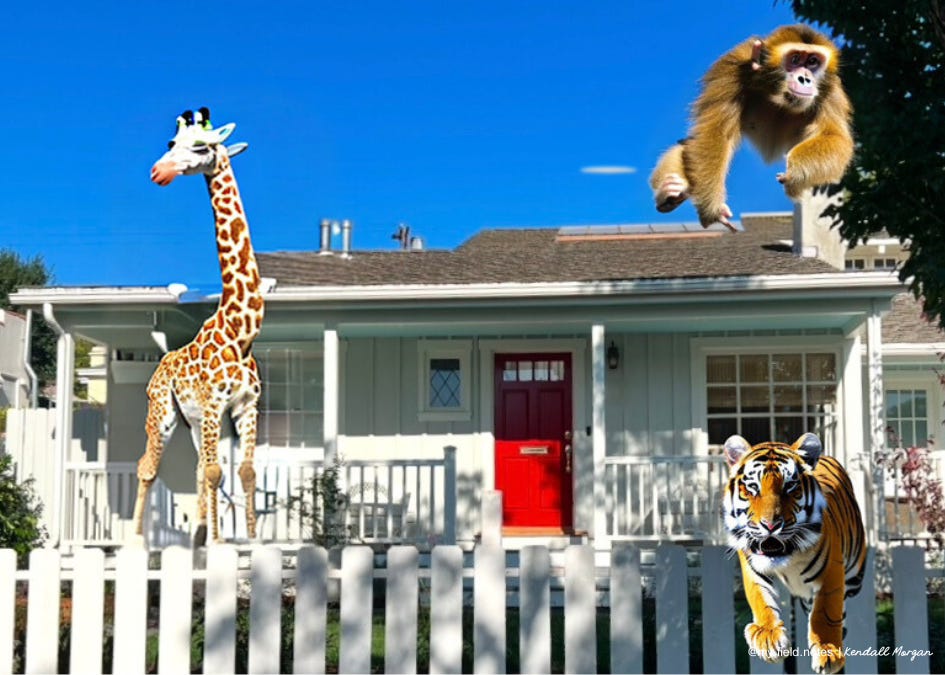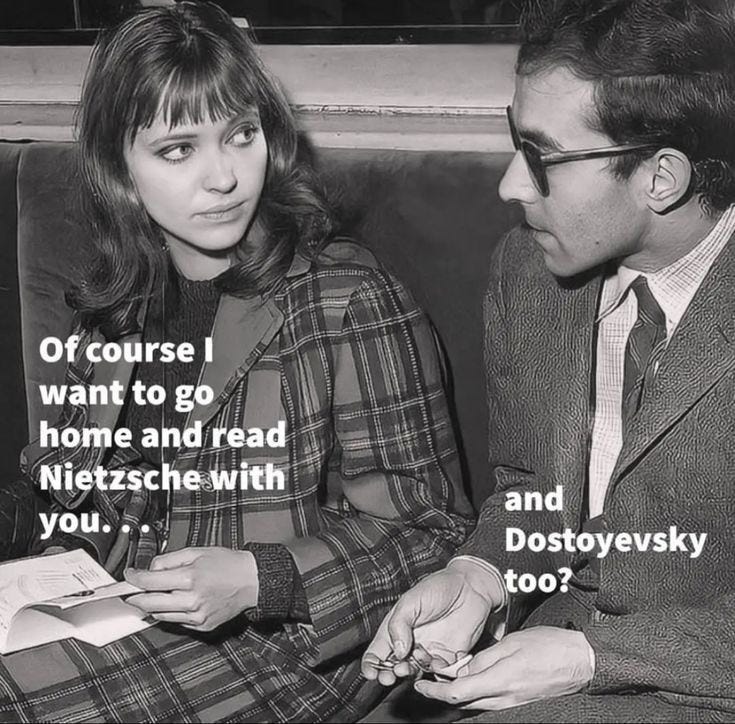Memory is, among the faculties of the human mind, that of which we make the most frequent use, or rather that of which the agent is incessant or perpetual. Memory is the primary and fundamental power, without which there could be no other intellectual operation. -Samuel Johnson, Idler #44
After my house burned down, I was flooded with memories. These memories were not anything special but instead just the opposite - ordinary. I just kept playing these everyday memories over and over in my mind as if they were puzzle pieces to put back together again, and then everything would be okay.
Memories of putting away my clean dishes
Memories of opening the little grass curtains to let the light in
Memories of hanging artwork and making marks on my wall when I did it wrong Memories of organizing books by their subject matter just like a bookstore I liked
Memories of making my bed and opening the bedroom windows for fresh air in the morning
Memories of dancing in my living room
Memories of watching my daughter bake cookies with her friends
Memories of being too cold to watch TV and needing to find blankets
Memories of being too hot while reading and having to push open my old windows
Memories of my daughter’s photo from 5th grade in my office smiling at me as I worked
Memories of my dog sitting at the top of the stairs with his little head peeking through the bars when I come home
Memories of sitting on my porch and chatting with my neighbors
One Palisades neighbor, who rode a motorcycle, shared with me that many, many years ago, my house was owned by someone who worked at the circus, and they would occasionally bring home circus animals and let them roam in the front yard. He told me that as a child, he would see giraffes, tigers, and monkeys in my front yard, and it was magical to him. Imagine that, I thought, my little yard had a giraffe wandering where my little vegetable bed was. The giraffe’s head would have been able to peek through my bedroom window. I remembered how giraffes had licked my cheek in Kenya when I was a teenager and how silly they were.
One reason why we remember and maintain certain memories over others has often been explained to me as the “self-function” aspect of memory-making.1 Memories reveal to us our identities. We make sense of our life story through the creation and imagination of our autobiographies.2 Unlike computers, our minds make memories imaginatively. We recreate a memory every time we recall it. We don’t just see memories as they were, but we add to them every time we think of them - maybe a small detail here or another clue there. Each time we remember, we change a little something, and over time, like the game of telephone, our memories become tailored tales we tell ourselves and others. They are fluid, ever-changing, and emotive.
When certain memories stand out in our minds, it is usually because they are serving an important function.3 Since I, and many, many others, can’t return to our homes, we may store versions of these memories of our home in our minds, or we may just let them come and go like grief does in waves of thoughts and feelings. In my case, I can’t help but wonder if my mind is creating these ordinary memories of being in my house in order for me to let them go. In this way, I can make room for new ones.
I also wonder if every time you think of a bad memory (like your house burning down), and you begin to feel anxious, sad, or defeated, would it be better to just forget those memories? Friedrich Nietzsche believed that we do not have control over our memories.4 Memory is never a recollection of events but part of our emotional state. In On the Use and Abuse of History for Life, Nietzsche spoke of active forgetting, in which the self could be liberated from the past through a process of filtering out unwanted memories. Interestingly, most people do not want to erase their bad memories. In one study, people with PTSD were given the chance to erase their memories, but most did not choose that option because our identities are tied to these memories, even the traumatic ones.5 If we forget these memories, we lose our autobiographies and fundamentally change who we are. If we forget just our bad memories, then we might forget what good came from them. Good or bad memories, or however you label them, can serve many important functions in our lives, such as intimacy in our relationships, giving advice or teaching others, and creating more empathy with ourselves and others.6 The bad, good, ordinary, and extraordinary memories are all part of our life stories that make us who we are. Without our memories, we can’t access certain emotions of happiness, sadness, excitement, desire, satisfaction, joy, grief, or letting go. For me, these ordinary memories that I am flooded with must be part of my process of grieving my loss. I hope that as your memories come and go, you can observe, feel, and share them with others while allowing them to pass through you and not haunt you. They will always be a part of your life story and are there to recall when you need them and to be stored in your mind when you don’t.
Rasmussen, A. S., Burton-Wood, C. G., Burnell, R., & Garry, M. (2022). The memories that people would save or erase differ from their most positive and negative memories on function, emotion and correspondence with the life script. Memory (Hove, England), 30(8), 1008–1017.
Rasmussen, A. S., Burton-Wood, C. G., Burnell, R., & Garry, M. (2022).
Nicole Alea & Susan Bluck (2003) Why are you telling me that? A conceptual model of the social function of autobiographical memory, Memory, 11:2, 165-178.
Talay Turner, Z. (2019). Nietzsche on Memory and Active Forgetting. The European Legacy, 24(1), 46–58. https://doi.org/10.1080/10848770.2018.1538091
Newman et al., 2011.
Nicole Alea & Susan Bluck (2003).








Nicely done, Kendall!
Super interesting read… thank you for sharing your ordinary memories making us feel apart of your experience.❤️